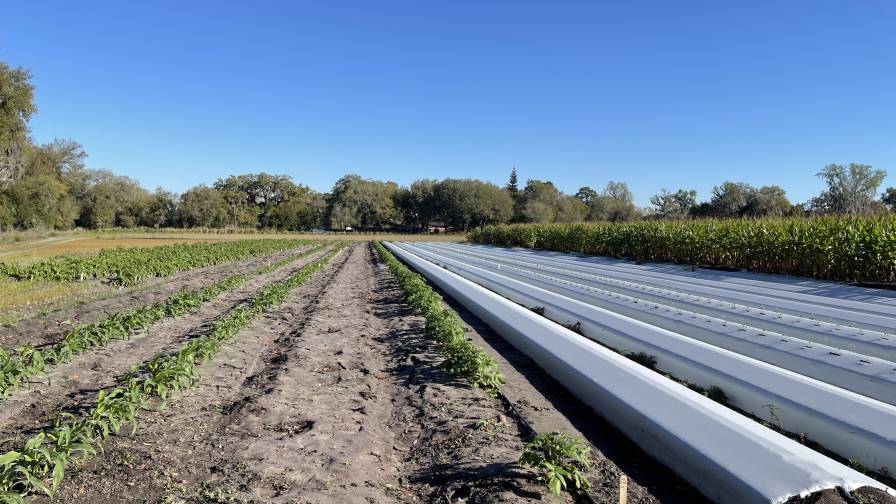Congress Agrees On New Farm Bill
House and Senate agriculture leaders announced a bipartisan agreement on a five-year farm bill Monday afternoon. Conference committee members say the Agricultural Act of 2014 contains major reforms including eliminating the direct payment program, streamlining and consolidating numerous programs to improve their effectiveness and reduce duplication, and cutting down on program misuse.
“I am proud of our efforts to finish a farm bill conference report with significant savings and reforms,” said Rep. Frank Lucas, Chairman of the House Agriculture Committee. “We are putting in place sound policy that is good for farmers, ranchers, consumers, and those who have hit difficult times. I appreciate the work of everyone who helped in this process. We never lost sight of the goal, we never wavered in our commitment to enacting a five-year, comprehensive farm bill. I ask my colleagues to join me in supporting its passage.”
The bill apparently has the blessing of the National Milk Producers Federation — even though that group’s proposed Dairy Market Stabilization Program (which would limit production on the nation’s dairy farms during periods of low prices) was scrapped earlier this month. CEO Jim Mulhern says the program that ended up being agreed on would establish a ‘reasonable and responsible’ national risk management tool that will give farmers the opportunity to insure against catastrophic economic conditions, when milk prices drop, feed prices soar, or the combination. It must be implemented by September 2014 and would cost each participating dairy operation $100 to enroll.
The revised bill also establishes a system for the USDA purchase consumer-packaged dairy products during low-margin periods, which would likely stimulate demand.
Meanwhile, the revised farm bill also repeals the direct payment program and strengthens risk management tools, and end outdated programs and consolidates duplicative ones, eliminating nearly 100 programs or authorizations. It would also helps farmers create jobs and provides certainty for the 16 million Americans working in agriculture.
The package further strengthens conservation efforts to protect land, water and wildlife for future generations; maintains food assistance for families while addressing fraud and misuse in SNAP; and reduces the deficit by billions of dollars in mandatory spending.
Lucas adds that the bill strengthens crop insurance, which is an essential cost-effective risk management tool.
“With crop insurance, farmers invest in their own risk management by purchasing insurance policies so they are protected in difficult times,” the chairman said. “Crop insurance also helps protect Americans from spikes in food prices. Without crop insurance farmers would have no way to recover from disaster unless the government steps in and provides unplanned disaster assistance.”
Lastly, the bill closes a loophole being used by some states to artificially inflate benefits for a small number of recipients for food stamps. And it stops lottery winners from continuing to receive assistance, increases program efficiency, cracks down on trafficking, fraud and misuse and invests in new pilot programs to help people secure employment through job training and other services.






